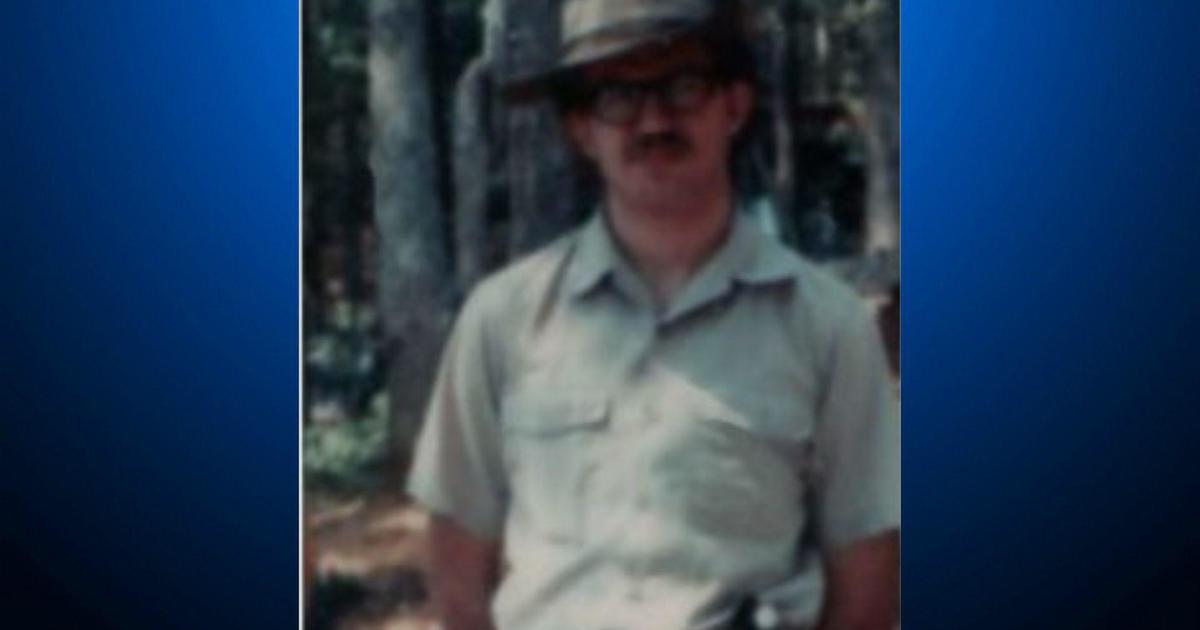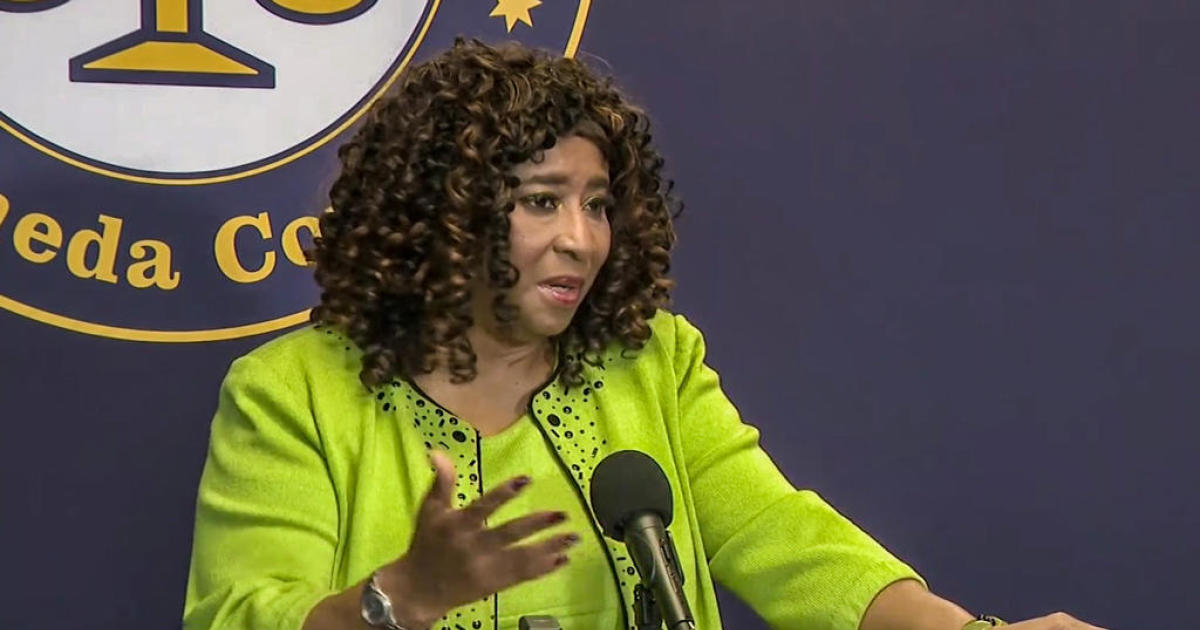City Leaders, Critics Frustrated Over Slow Walnut Creek Police Reform Process
WALNUT CREEK (CBS SF) -- There was more than enough frustration to go around at the Walnut Creek City Council Tuesday night, with both city officials and some two dozen public commenters expressing growing impatience with the slow pace of local police reforms.
Four of five council members said they are angry at how long it has taken the Contra Costa County District Attorney's Office to finish its investigation of the June 2, 2019 death of Miles Hall, a 23-year-old man killed by police officers as he was experiencing a mental health episode.
ALSO READ:
- Police Call Fatal Officer-Involved Shooting Of Mentally Ill Walnut Creek Man 'Tragic'
- Body Camera Footage Shows Deadly Walnut Creek Officer-Involved Shooting
- Walnut Creek Police Facing Lawsuit Over Fatal Shooting Of Mentally Ill Man
Completion of the report, city officials said, will both improve transparency to the public and help the city move ahead with its own reforms.
It's a report city leaders said they had hoped to get months ago.
"This (delay) has hurt everybody in the city associated with Miles Hall's death, and I hope the DA's office has heard that loud and clear," an angry Mayor Pro Tem Kevin Wilk said.
Added Councilwoman Cindy Silva, "Everyone is frustrated -- we're all frustrated."
Those comments came after about 25 callers told the council via Zoom they were disappointed with what they believe to be the glacial pace, and lack of aggressiveness, with which the moves toward police reforms are happening.
The council received, and accepted, a report Tuesday night outlining various steps the city and its Police Department have taken to improve response to use-of-force situations and police calls involving people having a mental illness-related episode.
The various changes were spurred mostly by the killing of Hall, and also by police response to local demonstrations following the death in late May of George Floyd at the hands of Minneapolis police.
Walnut Creek Police Capt. Jay Hill said among the measures taken by the city include modifications in officers' use of force, including banning the use of "carotid restraint" holds on suspects, designed to restrict the flow of blood to the brain; acquisition of more non-lethal options for helping stop suspects, including 33 beanbag shotguns and two "BolaWraps" that can tie up suspects from a distance and immobilize them.
"We do training on de-escalation on a regular basis, and de-brief on national events on a regular basis," said Hill, adding that his department is open to scrutiny of how it responds to various situations.
Hill and City Manager Dan Buckshi also referred to a Sept. 3 presentation at the Contra Costa Mayors Conference about a countywide discussion around forming a new 24-hour social service crisis response team involving Contra Costa County's Behavioral Health Division.
This response team was also discussed Tuesday by the Contra Costa County Board of Supervisors; Supervisor John Gioia said that the response team concept was supported by city managers throughout Contra Costa County, even if they expressed concern about possible costs (Walnut Creek has committed $100,000 in "seed money" to the response team). A more detailed proposal is expected back at the Mayors Conference in February.
Hill also told the council the Walnut Creek Police Department continues to invest in crisis intervention and mental health response training. Also, an additional $100,000 is included in the city's 2020-2021 budget to further expand training. The department is also hosting implicit bias training for its staff in December.
Also in process, Hill said, is expansion of an existing police program in partnership with the county and with officers from Concord, Martinez and Pleasant Hill for advanced crisis intervention training for response to non-violent calls.
City officials have met several times with members of the community group "Friends of Scott, Alexis and Taun Hall," composed of friends of Miles Hall's family, and others, and plan six to 10 more such meetings about mental health responses in the next few months. Assistant City Manager Teri Killgore also said recruitment of members for a new Diversity and Inclusion Task Force will begin shortly.
But supporters of the Friends group pummeled the council with criticism that the city has moved too slowly with reforms, and, in their opinion, isn't necessarily planning the right reforms.
Barbara Pennington, speaking for the Friends group, said her group was disappointed in the council's "lack of leadership" on the whole issue, and wondered why the city was moving ahead with some changes before input from the listening groups or the diversity task force could be used to inform those changes.
Gigi Crowder, executive director of the National Alliance on Mental Health Contra Costa County, agreed with Pennington, and said she believes the process hasn't been sufficiently transparent.
"I thought we were finally starting to get somewhere," Crowder said. "It's very disheartening."
Hill said Tuesday the city expects to see the district attorney's report by the end of this year, if not sooner. The Walnut Creek Police Department's own internal review of the Miles Hall shooting, Buckshi said, will be released when the DA's report comes.
The two reports taken together, Buckshi said before Tuesday's council meeting, "will paint a fuller picture of what happened that day."
Also, the state attorney general's office will review the DA's findings after they are completed, Hill said.
Buckshi said improvements in police response has been an "extremely high priority" for the city, and along with COVID-19-related issues has taken up a large chunk of city staff time in recent months.
And though they said they wish things were moving faster, council members Tuesday night defended the amount of groundwork that's been laid already for meaningful police reforms, especially given the disruptions the COVID-19 pandemic brought.
"We're working with a lot of different entities, and these types of changes take time," Buckshi said.



